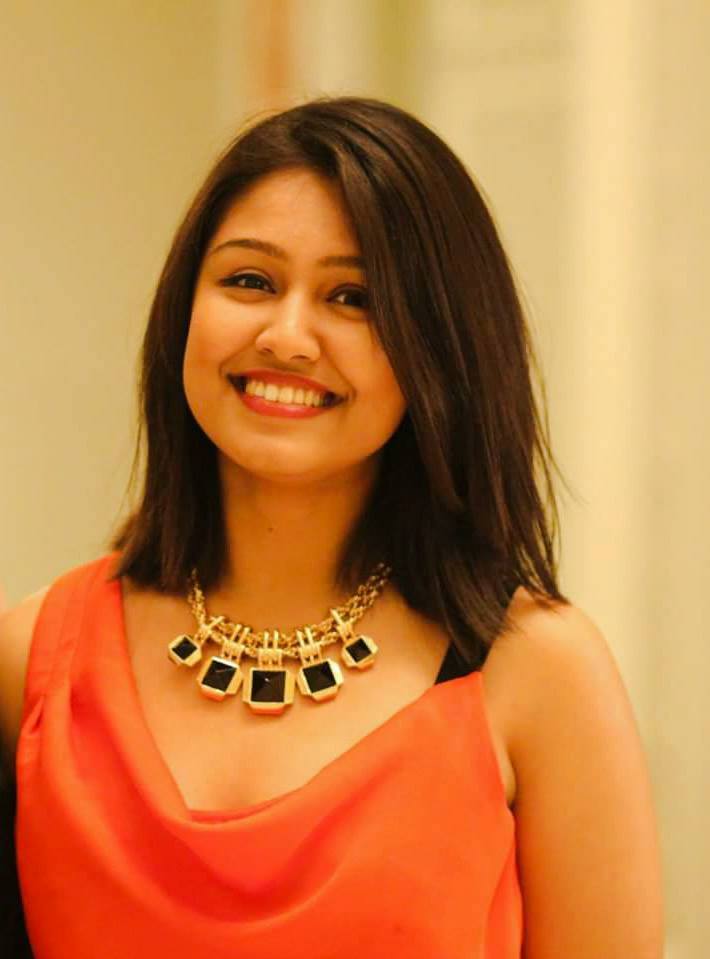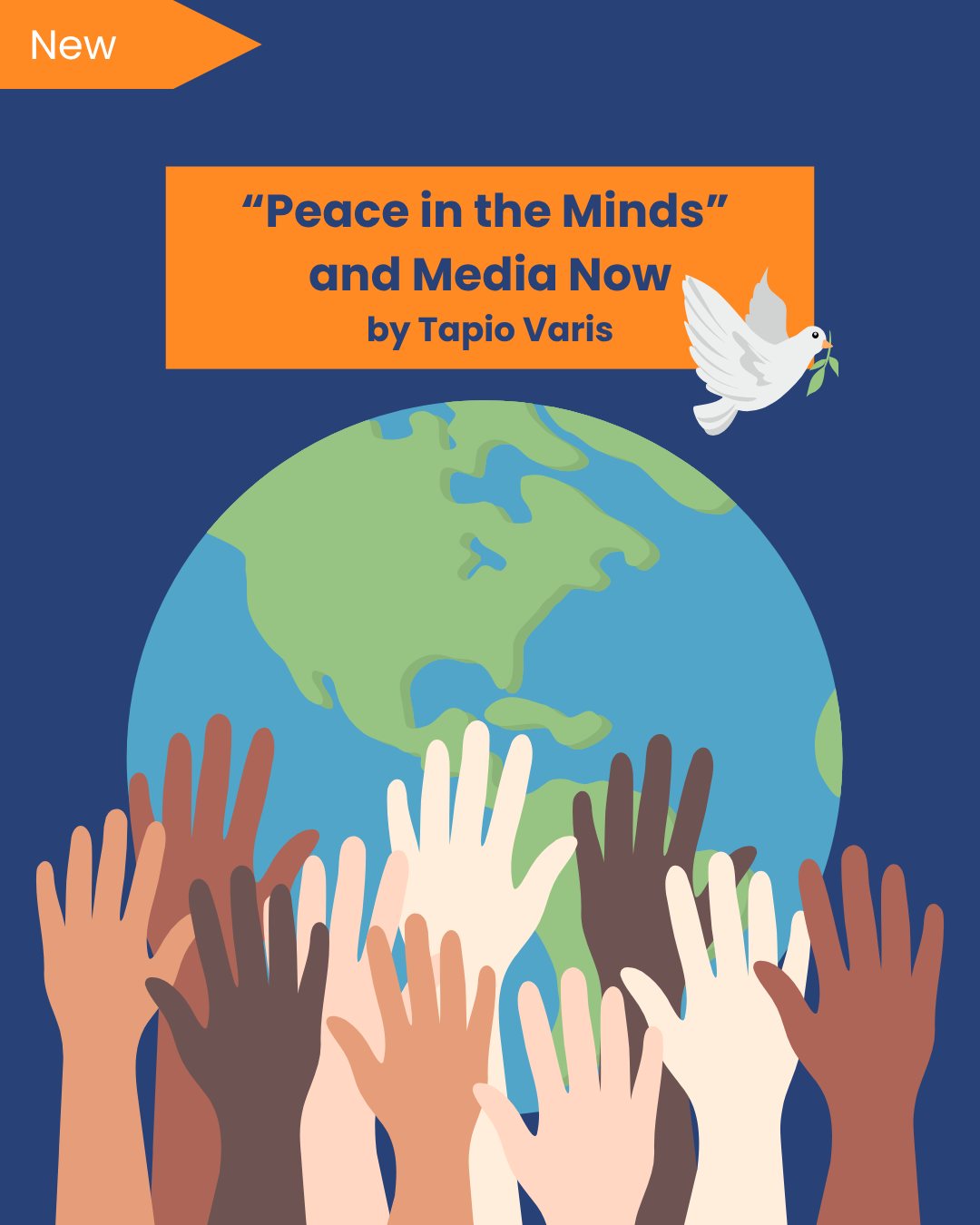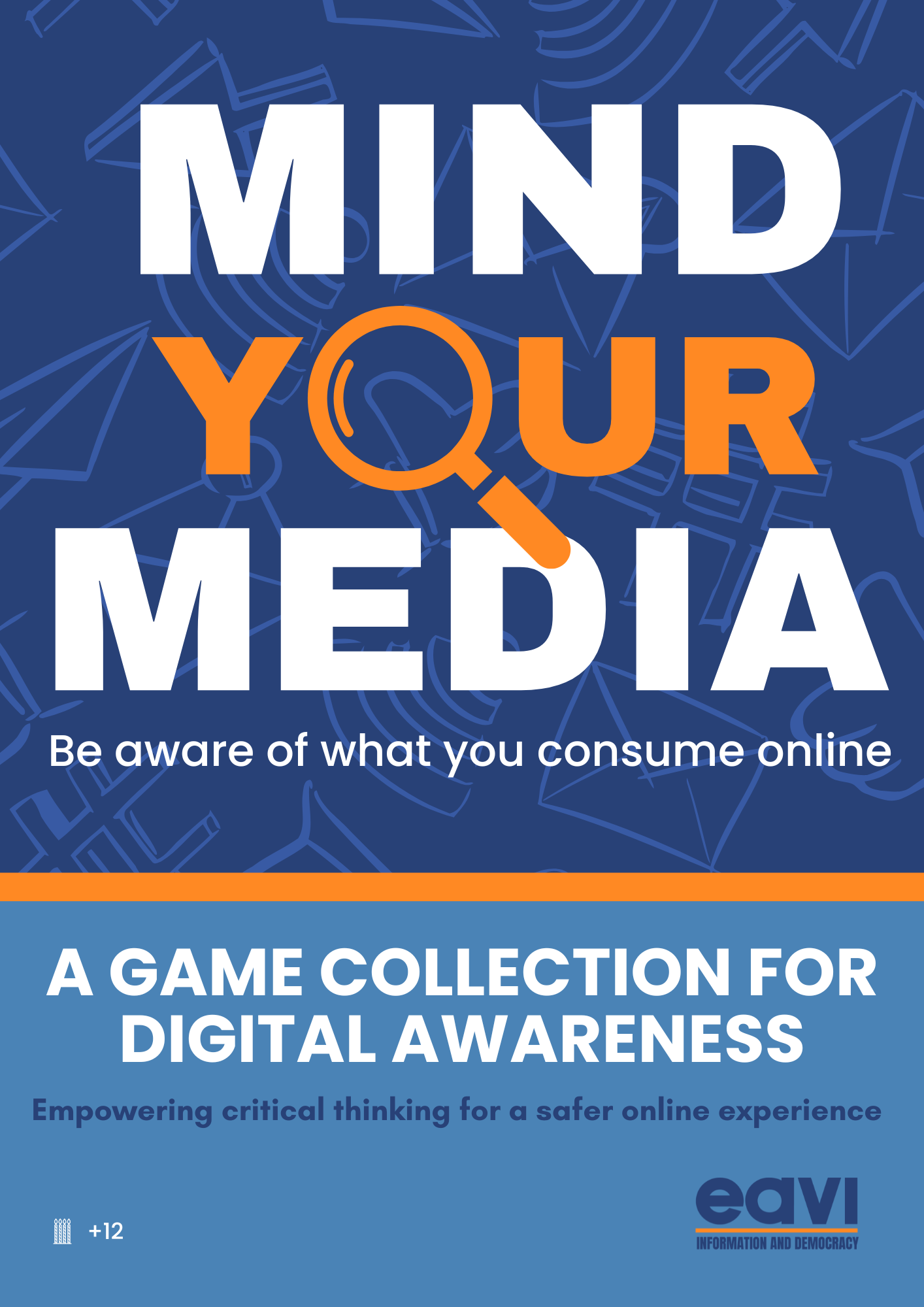
The following article was written by Mrs. Deena Newaz, Program Officer of World Innovation Summit for Education (WISE). Deena manages the Learners’ Voice Program at the World Innovation Summit for Education. Prior to working at WISE she was a participant on the WISE Learners’ Voice program. She has previously worked at the Ministry of Education in Qatar, the Supreme Committee for Delivery & Legacy, Georgetown University, and Qatar Foundation. Deena graduated from Georgetown University with double honors in Culture and Politics with a focus on gendered violence during wartime. She is passionate about exploring and addressing the link between climate change migration and sex-trafficking.
The way my father and I consume information is emblematic of the significantly different life experiences we’ve had. Growing up in Bangladesh in the 1960s my father’s access to information was limited to the education he received at school and occasional radio broadcasts about the Mukti Bahini gearing for independence. As he reflects on his time in Chittagong the limited radio and screen time were central to his learning experience. He spent most of his life working in the same job and keeping up to date with news on television and in the newspapers.
My skepticism of media information is instilled by a liberal arts education that contrasts to my father’s faith in the daily news bulletin. The way I consume media information has changed significantly in the past five years, not only because of my education but because of the permeation of technology and our instant access to sharing information.
Upon my father’s retirement and his recent entry into the digital and social media community, I often find him interacting with internet trolls and reading news stories that play into violent identity politics. These recurring instances with my father and others his age are deeply worrying and telling of how people in his age bracket and socio-economic background interact with and consume information. During this paradigm shift of media and information our parents and grandparents were left out of the conversation. It’s our responsibility to ensure that we support them to become competent, critical and literate in new forms of media. News is no longer information but rather one of many narratives.
Changing Role of Media Literacy
Media is not only influencing our culture but it has integrated into it, and thus we must develop tools and skills to engage with it. Media literacy education is without a doubt the first step to ensuring we’re equipped with the tools to be able to critically analyze media messages and challenge the status quo. The good news is that after years of research and subsequent advocacy, media education is now a part of the school curriculum in the United States and some European Union countries suggesting a shift in how we perceive the role of media in our lives. As we rethink the role of media literacy in the lives of our children, we must reconsider its role in the lives of our parents and grandparents who’ve witnessed the drastic shift from a print and image culture to a social media culture. Although a number of strategies are in place to practice and disseminate media literacy among young people in schools, such tools should be extended to non-school environments so that senior citizens can benefit from them.
Unlearning and Re-Learning at 65
Extending existing media literacy tools to senior citizens pose a number of unique challenges. First, most media literacy pedagogies are centered on the classroom setting and targeted at school age students. Unlike students in schools, most seniors are significantly molded by years of social conditioning and media messaging; they hold their own dispositions. The challenge lies in introducing media literacy not as a replacement for their processes but as a tool to enhance those existing discursive processes they already possess.
Another challenge is one of unlearning socially conditioned norms about the role of news and information. For my father growing up with limited access to learning materials, print media, and the word were sacred. It’s increasingly challenging for him to question the same word and sources of information he once relied upon. The elderly face the challenge of not only learning media literacy tools but also unlearning what they have practiced.
Rethinking Media Literacy for All
As we continue to advocate for the existence and persistence of media literacy education, we should extend such process and models to our parents and grandparents who are learning to live with and adapt to the new rules of multimedia messaging in a digital world. As different people and generations experience media messages differently, our approach should be different in targeting adults and children as both have different sets of dispositions while interacting with media.
Cyber Seniors, a program in Toronto is tackling the divide in media literacy needs among youth and seniors through an intergenerational program. The program creates opportunities for high school students to mentor senior citizens on basic computer and online skills while exposing both sides to the different experiences they have with similar forms of media. Such homegrown interventions tackle both isolation and media literacy challenges that senior community members’ face while empowering young people to use their media literacy skills. Teaching people of all ages to develop, practice, and promote a culture of media consciousness while taking into account the needs and experiences of users will give everyone the right to fully exercise their intellectual and civic freedom.

The following article was written by Mrs. Deena Newaz, Program Officer of World Innovation Summit for Education (WISE). Deena manages the Learners’ Voice Program at the World Innovation Summit for Education. Prior to working at WISE she was a participant on the WISE Learners’ Voice program. She has previously worked at the Ministry of Education in Qatar, the Supreme Committee for Delivery & Legacy, Georgetown University, and Qatar Foundation. Deena graduated from Georgetown University with double honors in Culture and Politics with a focus on gendered violence during wartime. She is passionate about exploring and addressing the link between climate change migration and sex-trafficking.
The way my father and I consume information is emblematic of the significantly different life experiences we’ve had. Growing up in Bangladesh in the 1960s my father’s access to information was limited to the education he received at school and occasional radio broadcasts about the Mukti Bahini gearing for independence. As he reflects on his time in Chittagong the limited radio and screen time were central to his learning experience. He spent most of his life working in the same job and keeping up to date with news on television and in the newspapers.
My skepticism of media information is instilled by a liberal arts education that contrasts to my father’s faith in the daily news bulletin. The way I consume media information has changed significantly in the past five years, not only because of my education but because of the permeation of technology and our instant access to sharing information.
Upon my father’s retirement and his recent entry into the digital and social media community, I often find him interacting with internet trolls and reading news stories that play into violent identity politics. These recurring instances with my father and others his age are deeply worrying and telling of how people in his age bracket and socio-economic background interact with and consume information. During this paradigm shift of media and information our parents and grandparents were left out of the conversation. It’s our responsibility to ensure that we support them to become competent, critical and literate in new forms of media. News is no longer information but rather one of many narratives.
Changing Role of Media Literacy
Media is not only influencing our culture but it has integrated into it, and thus we must develop tools and skills to engage with it. Media literacy education is without a doubt the first step to ensuring we’re equipped with the tools to be able to critically analyze media messages and challenge the status quo. The good news is that after years of research and subsequent advocacy, media education is now a part of the school curriculum in the United States and some European Union countries suggesting a shift in how we perceive the role of media in our lives. As we rethink the role of media literacy in the lives of our children, we must reconsider its role in the lives of our parents and grandparents who’ve witnessed the drastic shift from a print and image culture to a social media culture. Although a number of strategies are in place to practice and disseminate media literacy among young people in schools, such tools should be extended to non-school environments so that senior citizens can benefit from them.
Unlearning and Re-Learning at 65
Extending existing media literacy tools to senior citizens pose a number of unique challenges. First, most media literacy pedagogies are centered on the classroom setting and targeted at school age students. Unlike students in schools, most seniors are significantly molded by years of social conditioning and media messaging; they hold their own dispositions. The challenge lies in introducing media literacy not as a replacement for their processes but as a tool to enhance those existing discursive processes they already possess.
Another challenge is one of unlearning socially conditioned norms about the role of news and information. For my father growing up with limited access to learning materials, print media, and the word were sacred. It’s increasingly challenging for him to question the same word and sources of information he once relied upon. The elderly face the challenge of not only learning media literacy tools but also unlearning what they have practiced.
Rethinking Media Literacy for All
As we continue to advocate for the existence and persistence of media literacy education, we should extend such process and models to our parents and grandparents who are learning to live with and adapt to the new rules of multimedia messaging in a digital world. As different people and generations experience media messages differently, our approach should be different in targeting adults and children as both have different sets of dispositions while interacting with media.
Cyber Seniors, a program in Toronto is tackling the divide in media literacy needs among youth and seniors through an intergenerational program. The program creates opportunities for high school students to mentor senior citizens on basic computer and online skills while exposing both sides to the different experiences they have with similar forms of media. Such homegrown interventions tackle both isolation and media literacy challenges that senior community members’ face while empowering young people to use their media literacy skills. Teaching people of all ages to develop, practice, and promote a culture of media consciousness while taking into account the needs and experiences of users will give everyone the right to fully exercise their intellectual and civic freedom.

The following article was written by Mrs. Deena Newaz, Program Officer of World Innovation Summit for Education (WISE). Deena manages the Learners’ Voice Program at the World Innovation Summit for Education. Prior to working at WISE she was a participant on the WISE Learners’ Voice program. She has previously worked at the Ministry of Education in Qatar, the Supreme Committee for Delivery & Legacy, Georgetown University, and Qatar Foundation. Deena graduated from Georgetown University with double honors in Culture and Politics with a focus on gendered violence during wartime. She is passionate about exploring and addressing the link between climate change migration and sex-trafficking.
The way my father and I consume information is emblematic of the significantly different life experiences we’ve had. Growing up in Bangladesh in the 1960s my father’s access to information was limited to the education he received at school and occasional radio broadcasts about the Mukti Bahini gearing for independence. As he reflects on his time in Chittagong the limited radio and screen time were central to his learning experience. He spent most of his life working in the same job and keeping up to date with news on television and in the newspapers.
My skepticism of media information is instilled by a liberal arts education that contrasts to my father’s faith in the daily news bulletin. The way I consume media information has changed significantly in the past five years, not only because of my education but because of the permeation of technology and our instant access to sharing information.
Upon my father’s retirement and his recent entry into the digital and social media community, I often find him interacting with internet trolls and reading news stories that play into violent identity politics. These recurring instances with my father and others his age are deeply worrying and telling of how people in his age bracket and socio-economic background interact with and consume information. During this paradigm shift of media and information our parents and grandparents were left out of the conversation. It’s our responsibility to ensure that we support them to become competent, critical and literate in new forms of media. News is no longer information but rather one of many narratives.
Changing Role of Media Literacy
Media is not only influencing our culture but it has integrated into it, and thus we must develop tools and skills to engage with it. Media literacy education is without a doubt the first step to ensuring we’re equipped with the tools to be able to critically analyze media messages and challenge the status quo. The good news is that after years of research and subsequent advocacy, media education is now a part of the school curriculum in the United States and some European Union countries suggesting a shift in how we perceive the role of media in our lives. As we rethink the role of media literacy in the lives of our children, we must reconsider its role in the lives of our parents and grandparents who’ve witnessed the drastic shift from a print and image culture to a social media culture. Although a number of strategies are in place to practice and disseminate media literacy among young people in schools, such tools should be extended to non-school environments so that senior citizens can benefit from them.
Unlearning and Re-Learning at 65
Extending existing media literacy tools to senior citizens pose a number of unique challenges. First, most media literacy pedagogies are centered on the classroom setting and targeted at school age students. Unlike students in schools, most seniors are significantly molded by years of social conditioning and media messaging; they hold their own dispositions. The challenge lies in introducing media literacy not as a replacement for their processes but as a tool to enhance those existing discursive processes they already possess.
Another challenge is one of unlearning socially conditioned norms about the role of news and information. For my father growing up with limited access to learning materials, print media, and the word were sacred. It’s increasingly challenging for him to question the same word and sources of information he once relied upon. The elderly face the challenge of not only learning media literacy tools but also unlearning what they have practiced.
Rethinking Media Literacy for All
As we continue to advocate for the existence and persistence of media literacy education, we should extend such process and models to our parents and grandparents who are learning to live with and adapt to the new rules of multimedia messaging in a digital world. As different people and generations experience media messages differently, our approach should be different in targeting adults and children as both have different sets of dispositions while interacting with media.
Cyber Seniors, a program in Toronto is tackling the divide in media literacy needs among youth and seniors through an intergenerational program. The program creates opportunities for high school students to mentor senior citizens on basic computer and online skills while exposing both sides to the different experiences they have with similar forms of media. Such homegrown interventions tackle both isolation and media literacy challenges that senior community members’ face while empowering young people to use their media literacy skills. Teaching people of all ages to develop, practice, and promote a culture of media consciousness while taking into account the needs and experiences of users will give everyone the right to fully exercise their intellectual and civic freedom.








































































































































































